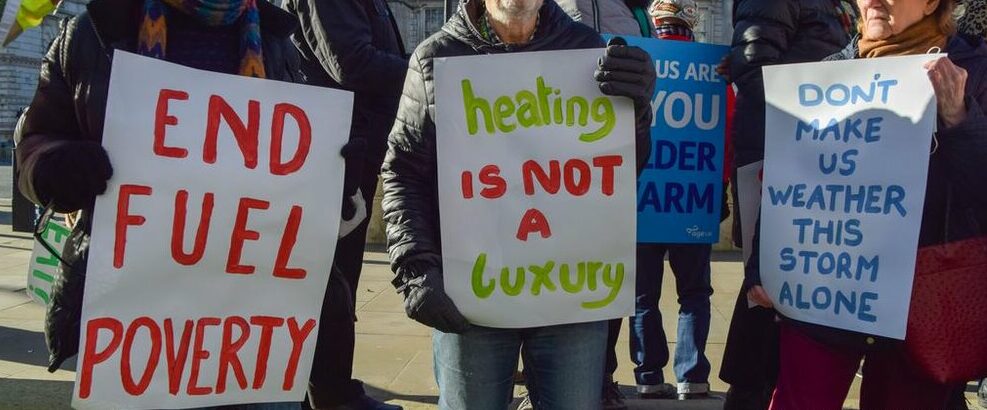Speaking of doing more harm than good, as we so often find ourselves doing when it comes to climate policy, Eric Worrall notes that Australia has a plan to pay businesses not to use electricity. Seems politicians driven by activists have messed up the grid so badly that voters are going to revolt unless the mess can be concealed. But when you’re using up wealth to get people not to create wealth it’s not, how shall we put it, sustainable.
The renewable energy field is not actually central to climate change action. As we’ve said so often we feel bad saying it again, you could easily support phasing out fossil fuels in favour of nuclear. Or you could insist that climate change is so bad, and nuclear power so radioactive, that we just have to accept a massive loss of well-being and even life to salvage something from the wreck. But alternative energy appeals to people because it seems pain-free and cool. It’s not just a political temptation, it’s an ideological one.
Economically it’s another story. Michael Moore film or no Michael Moore film, the performance of alternative energy is so disappointing that we could write an item on it every week. Instead we saved them up.
The Australian story is a classic. Formerly, when demand was high, power generation would ramp up and more would get done. But now the idea is to pay people not to make stuff so they won’t need power because the new stuff isn’t working very well. And yes, it’s a “told you so” about how green energy means sacrificing wealth. But it’s worse, because the policy is intended (a) to accomplish a crass political deceit and (b) to avoid sacrificing wealth by sacrificing it, which creates a vicious circle. Even one of the architects of Germany’s ruinously costly energy program, Hans Josef Fell of their Green Party, has complained that power prices are too high. Well yes. When you destroy wealth things get more expensive. Only because you don’t know what it is or where it comes from could you ever have been confused on this point.
Britain too now faces a costly disaster in its power grid because its politicians, activists and artists chronically believe you can lose money on every sale and make it up in volume. On one day alone British authorities had to pay wind farms £9.3 million to turn off their turbines. So they’re paying firms not to generate electricity while in Australia they’re paying firms not to use it. (And for our Ontario compatriots, if you are tempted to think it couldn’t happen here, not so fast.) Where’s the money meant to come from? Oh don’t worry. Governments just get to print it. What could go wrong?
Politicians being famously good at saying one thing, doing another and thinking a third, the EU response to the wealth-destroying impact of climate policies has been to fudge, for instance exempting the aviation industry from tough rules in the hopes of reviving tourism. (Climate Change News is not impressed.) And Germany just opened a new coal plant and a public frightened of a pandemic-driven economic collapse, like their British neighbours, failed to rise up in wrath.


